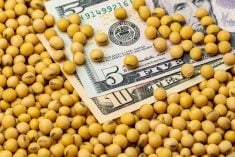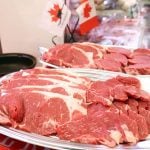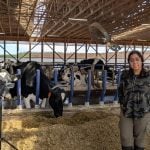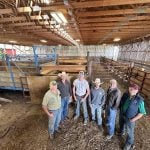Chicago | Reuters — Chicago Mercantile Exchange live cattle futures fell on Tuesday, pressured by weak cash cattle trade as packer demand remains light, analysts said.
“The lack of bids is daunting,” said Joe Kooima, commodity broker at Kooima Kooima Varilek Trading Inc.
Kooima noted packers have enough cattle purchased on negotiated contracts to meet nearby demand.
Cash cattle trade was “at a standstill” according to the U.S. Department of Agriculture, with live purchases ranging from $123 to $124/cwt in both the northern and southern U.S. Plains (all figures US$).
Read Also
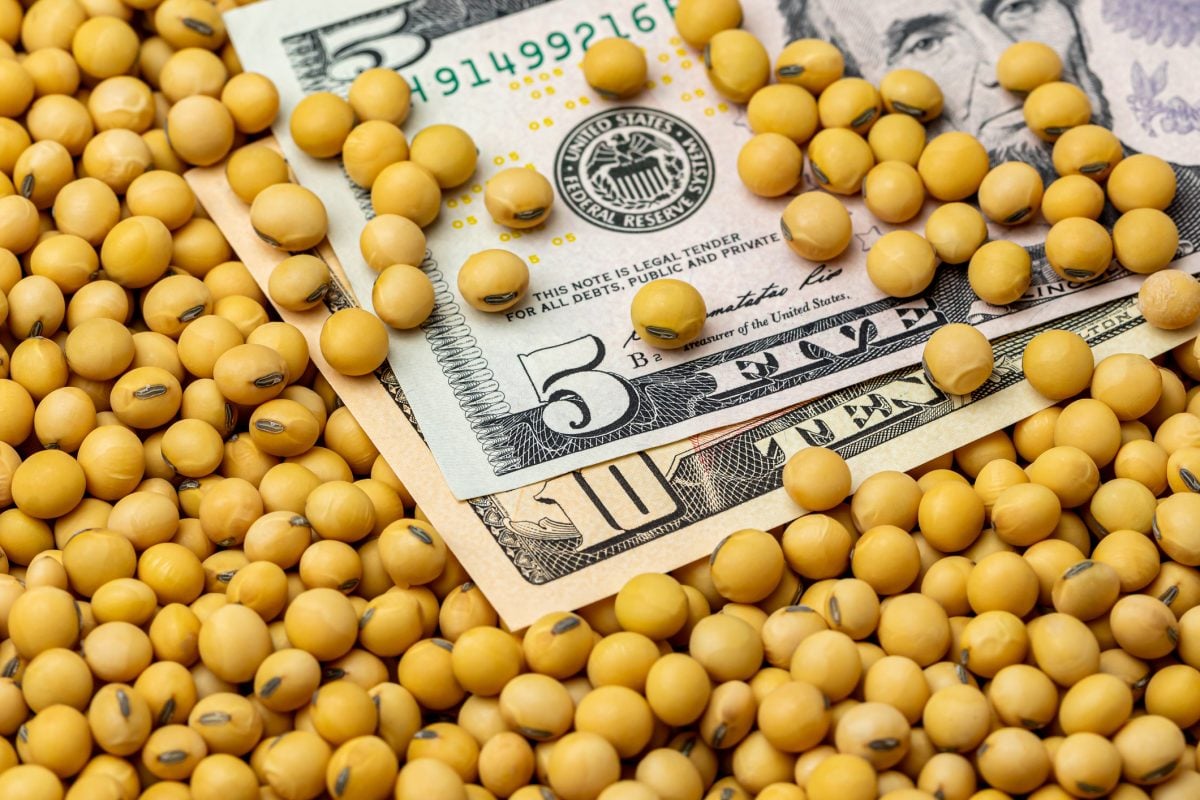
U.S. grains: Soybeans set 15-month high on U.S.-China trade deal hopes
Chicago soybean futures reached their highest in 15 months on Tuesday, briefly topping $11 a bushel on optimism that the U.S. could reach a trade deal with China as leaders from both countries are expected to meet in South Korea on Thursday.
CME October live cattle futures ended 0.325 cent lower at 122.45 cents/lb., while the most-active December live cattle fell 0.275 cent to 127.8 cents.
Feeder cattle futures climbed as feed grain prices eased, with benchmark November feeders firmed 0.325 cent higher at 156.95 cents/lb.
While live cattle face softer demand from packers, boxed beef prices are easing but remain elevated. Choice boxed beef cutout was falling $4.29, to $311.37/cwt, while select cuts dipped $2.74, to $278.01, USDA said.
Packer margins firmed to $787.40 per head, though still below a week ago, according to livestock marketing advisory service HedgersEdge.com LLC.
Meanwhile, CME lean hog contracts eased as seasonal supply pressure adds to weaker demand, while threats of African swine fever (ASF) persist.
October lean hogs eased 0.6 cent to 84.375 cents/lb. while the most-active December contract fell 0.625 cent to 73.6 cents/lb.
A case of ASF was discovered in Haiti, near the border with the Dominican Republic, which confirmed a case in July, fueling concerns about the disease’s spread in the Americas.
Pork demand could rally more quickly than beef, supporting futures, Kooima noted, though he thinks ASF fears will keep the market from climbing.
“There might be a lack of follow-through from the funds,” he said. “They aren’t willing to have much exposure with that ASF talk out there.”
— Christopher Walljasper reports on agriculture and ag commodities for Reuters from Chicago.



